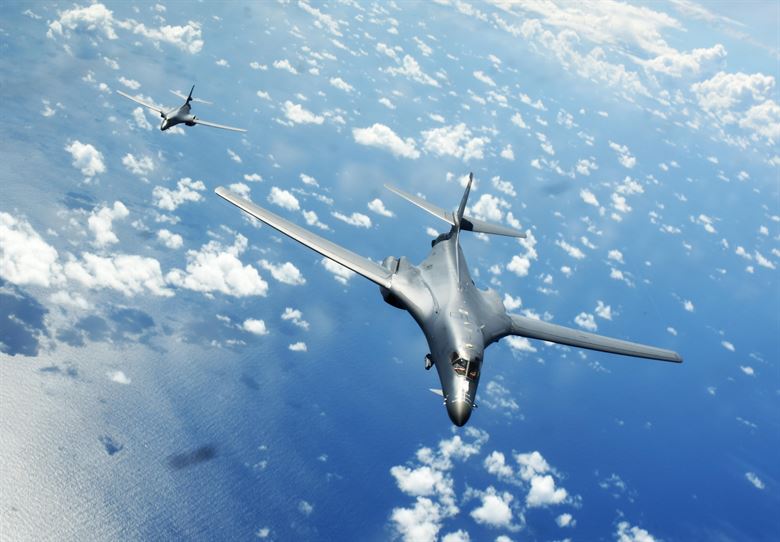The South China Sea currently plays host to a territorial conflict in which overlapping claims over small islands have led to heightened tensions between the majority of Southeast Asian nations. As the pace of China’s island reclamation and militarization increases in the South China Sea, China continues to advance towards its goal of establishing complete administrative control over the region. If left uncontested, the cumulative effects of China’s expanding influence will make it increasingly difficult for other nations to defend their economic interests in the region. Currently, regional stability within the South China Sea remains a matter of global consequence, as it sheds light on the world’s future security architecture, particularly with regards to competing economic interests, global rules and norms, and cooperative relationships with China.
ASEAN Summit
Since it was founded in 1967, the Association of Southeast Asian Nations (ASEAN) has sought to preserve Southeast Asia’s autonomy from interference by outside powers, all the while asserting its centrality in regional security affairs. April 28th 2018 marked the end of the 32nd ASEAN Leaders’ Summit in Singapore; ASEAN’s norms of consensus were on full display, as differing opinions on policy towards the South China Sea were resolved by deleting argument-provoking statements in their entirety. On April 20th, ASEAN officials published a Zero Draft of the Chairman’s Statement on 32nd ASEAN Summit. The Zero Draft Statement is divided into four major sections, covering 25 points, of which, seven are entirely focused on the South China Sea. As a direct result of discussions among senior ASEAN officials and ministers responsible for writing the draft, the statement was revised on April 26th, and officially released on the ASEAN Secretariat website on April 28th. One of the notable changes from the revision centres around the 2016 South China Sea Arbitration case.
The 2016 Arbitration case rendered final and binding judgment in favour of the Philippines on a host of critical issues, and followed the United Nations Convention on the Law of the Sea (UNCLOS). The ruling was able to clarify, in several ways, how UNCLOS applies to the complex disputes in the South China Sea, and also reiterated the importance of UNCLOS in establishing the rules-based order for the oceans and seas. China’s consistent refusal to recognize the arbitral award raised critical question at the time on how to effectively implement the ruling given the lack of clear enforcement mechanisms.
Since 2016, ASEAN has consistently referenced the arbitration case indirectly as a “legal and diplomatic processes”. The revised Chairman’s Statement notably deleted points in the original that included reference to “legal and diplomatic processes,” and a proposal by Vietnam and the Philippines to welcome the “award by the Arbitral Tribunal constituted under Annex VII to UNCLOS”.
The 32nd ASEAN Leaders’ Summit and the republication of the Chairman’s Statement continues to reveal internal fissures between ASEAN nations. This is in stark comparison to its consensus building pride, as well as its self proclaimed ability to build policies reflecting non-interference in the internal affairs of its member states. The deletion of points within the Chairman’s Statement emphasizes China’s continued success in dividing ASEAN over the South China Sea issue.
Regional and Global Consequences
Although the issue of sovereignty in the South China Sea is fundamentally a bilateral issue between various nation states and China, ASEAN has presented itself as unified and committed to upholding Southeast Asian autonomy. Non-consensus within ASEAN over the South China Sea issue is dangerous, not only for ASEAN member states but also for the international community, as it remains the leading conduit for multilateral engagement with China. This is ultimately due to the fact that China has actively defended its position to not get involved in international settlements, while the other claimants have cautiously avoided bilateral sovereignty negotiations with China. This leaves multilateral negotiation the only option for resolving regional disputes, with ASEAN being the most unified organization to facilitate it.
Interestingly, this strategy has been implored in the past, notably at ASEAN-China meetings in 2017, where a Code of Conduct framework was adopted. Although not a function for settling the dispute, the framework was composed of a series of confidence building measures that aimed to serve as a temporary framework for maritime cooperation and conflict management.
Failure to achieve consensus within ASEAN on the issue will only buy China more time to continue its unchallenged strategic ambiguity, and creeping expansionism within the region. The cumulative result being that China will not have to face sufficient diplomatic resistance from regional actors, which will ultimately secure its intended regional and economic dominance.
Photo: Air Force, Navy train in South China Sea (2017), by Tech. Sgt. Richard P. Ebensberger via U.S. Air Force. Licensed under CC Anderso Airforce Base.
Disclaimer: Any views or opinions expressed in articles are solely those of the authors and do not necessarily represent the views of the NATO Association of Canada.




